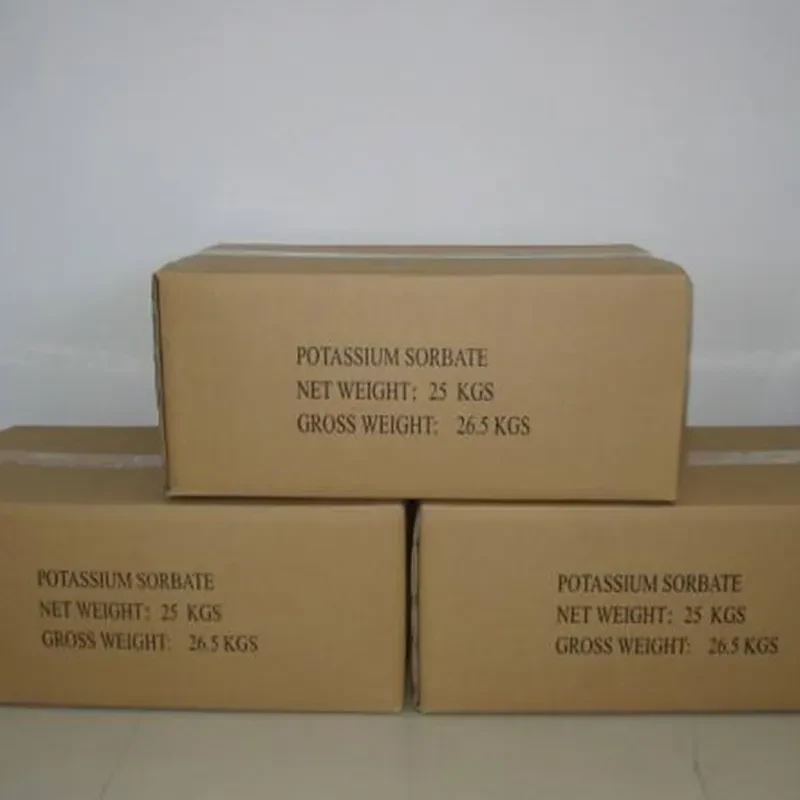
monosodium glutamate function
The Function of Monosodium Glutamate A Flavor Enhancer with Multifaceted Roles
Monosodium glutamate (MSG) is a flavor enhancer that has been widely used in the food industry since the early 20th century. Its primary function is to amplify the umami taste, one of the five basic tastes alongside sweet, sour, bitter, and salty. Derived from glutamic acid, an amino acid that occurs naturally in many foods, MSG's unique flavor-enhancing capabilities have made it a staple ingredient in various culinary traditions worldwide. This article will explore the function of monosodium glutamate, detailing its mechanisms, applications, and the surrounding controversies.
The Science Behind Umami
Umami, a Japanese term meaning pleasant savory taste, was first identified by Professor Kikunae Ikeda in 1908. He discovered that glutamic acid, a naturally occurring amino acid, imparted this unique flavor when present in foods like tomatoes, cheese, and mushrooms. MSG is essentially the sodium salt of glutamic acid, allowing it to dissolve easily in food and interact with taste receptors on the tongue. When MSG is ingested, it enhances the overall flavor profile of dishes, making foods taste richer and more satisfying.
The key to MSG's effectiveness lies in its ability to stimulate specific taste receptors, particularly the mGluR4 (metabotropic glutamate receptor 4) found on the tongue. By binding to these receptors, MSG enhances the perception of umami in foods, making them more palatable. This function is especially beneficial in savory dishes, where it can deepen flavor notes and create a more rounded taste experience.
Culinary Applications
MSG is versatile and is used in various cuisines, particularly in Asian cooking. It is often added to soups, sauces, and marinades to boost flavor without significantly altering the dish's original taste. Beyond Asian cuisine, MSG has found its way into processed foods such as snacks, canned soups, and ready-to-eat meals. Its ability to enhance flavors allows food manufacturers to reduce the amount of salt necessary in their products, which can be beneficial for consumers who need to limit sodium intake.
monosodium glutamate function

In culinary settings, chefs appreciate MSG for its ability to heighten flavors without overwhelming the palate. For instance, a pinch of MSG can bring out the natural sweetness in vegetables or balance out the acidity in tomatoes. Its low-calorie and gluten-free nature also make it an attractive ingredient for those with dietary restrictions, further increasing its popularity among health-conscious consumers.
Controversies and Misunderstandings
Despite its widespread use, monosodium glutamate has been the subject of numerous controversies. In the late 20th century, reports of Chinese restaurant syndrome emerged, with individuals claiming to experience symptoms such as headaches, flushing, and sweating after consuming MSG. These reports fueled public concern and led to a significant decline in MSG's use in the culinary world, particularly in Western countries.
However, extensive research conducted by regulatory agencies such as the U.S. Food and Drug Administration (FDA) and the World Health Organization (WHO) has not established a direct causal relationship between MSG and adverse health effects. In fact, these organizations have classified MSG as generally recognized as safe (GRAS). Most studies indicate that MSG is safe for the general population when consumed in typical amounts found in food.
Many of the perceived negative effects may stem from anecdotal evidence or sensitivity to certain foods rather than MSG itself. The stigma surrounding MSG has led to its labeling as an undesirable ingredient in some health-conscious circles, despite its nutritional and flavor-enhancing properties.
Conclusion
Monosodium glutamate plays a significant role in the culinary world, enhancing the umami flavor in various dishes and processed foods. Its unique ability to elevate flavor profiles and mouthfeel has made it an essential ingredient across different cuisines. While some controversies and misconceptions persist related to its safety and health effects, scientific evidence supports its use as a flavor enhancer. As consumers continue to seek flavorful and satisfying foods, MSG remains a valuable tool in both professional kitchens and home cooking, proving that sometimes, a dash of this humble ingredient can turn an ordinary dish into something extraordinary.
-
Aluminum Hydroxide: Quality Gels & Dried Gel AntacidNewsAug.31,2025
-
Buy High-Quality Trichloroisocyanuric Acid for Sale | TCCA 90% SupplierNewsAug.30,2025
-
Pure Sodium Dichloroisocyanurate Dihydrate | Powerful DisinfectantNewsAug.29,2025
-
Industrial Chemicals: Quality & Purity for Every IndustryNewsAug.28,2025
-
Nitrile Rubber Honoring Strict Production StandardsNewsAug.22,2025
-
Aspartame Ingredients Honoring Food Safety ValuesNewsAug.22,2025
-
Fertilizer for Balanced Plant NutritionNewsAug.22,2025
Hebei Tenger Chemical Technology Co., Ltd. focuses on the chemical industry and is committed to the export service of chemical raw materials.
-

view more DiethanolisopropanolamineIn the ever-growing field of chemical solutions, diethanolisopropanolamine (DEIPA) stands out as a versatile and important compound. Due to its unique chemical structure and properties, DEIPA is of interest to various industries including construction, personal care, and agriculture. -

view more TriisopropanolamineTriisopropanolamine (TIPA) alkanol amine substance, is a kind of alcohol amine compound with amino and alcohol hydroxyl, and because of its molecules contains both amino and hydroxyl. -

view more Tetramethyl Thiuram DisulfideTetramethyl thiuram disulfide, also known as TMTD, is a white to light-yellow powder with a distinct sulfur-like odor. It is soluble in organic solvents such as benzene, acetone, and ethyl acetate, making it highly versatile for use in different formulations. TMTD is known for its excellent vulcanization acceleration properties, which makes it a key ingredient in the production of rubber products. Additionally, it acts as an effective fungicide and bactericide, making it valuable in agricultural applications. Its high purity and stability ensure consistent performance, making it a preferred choice for manufacturers across various industries.





